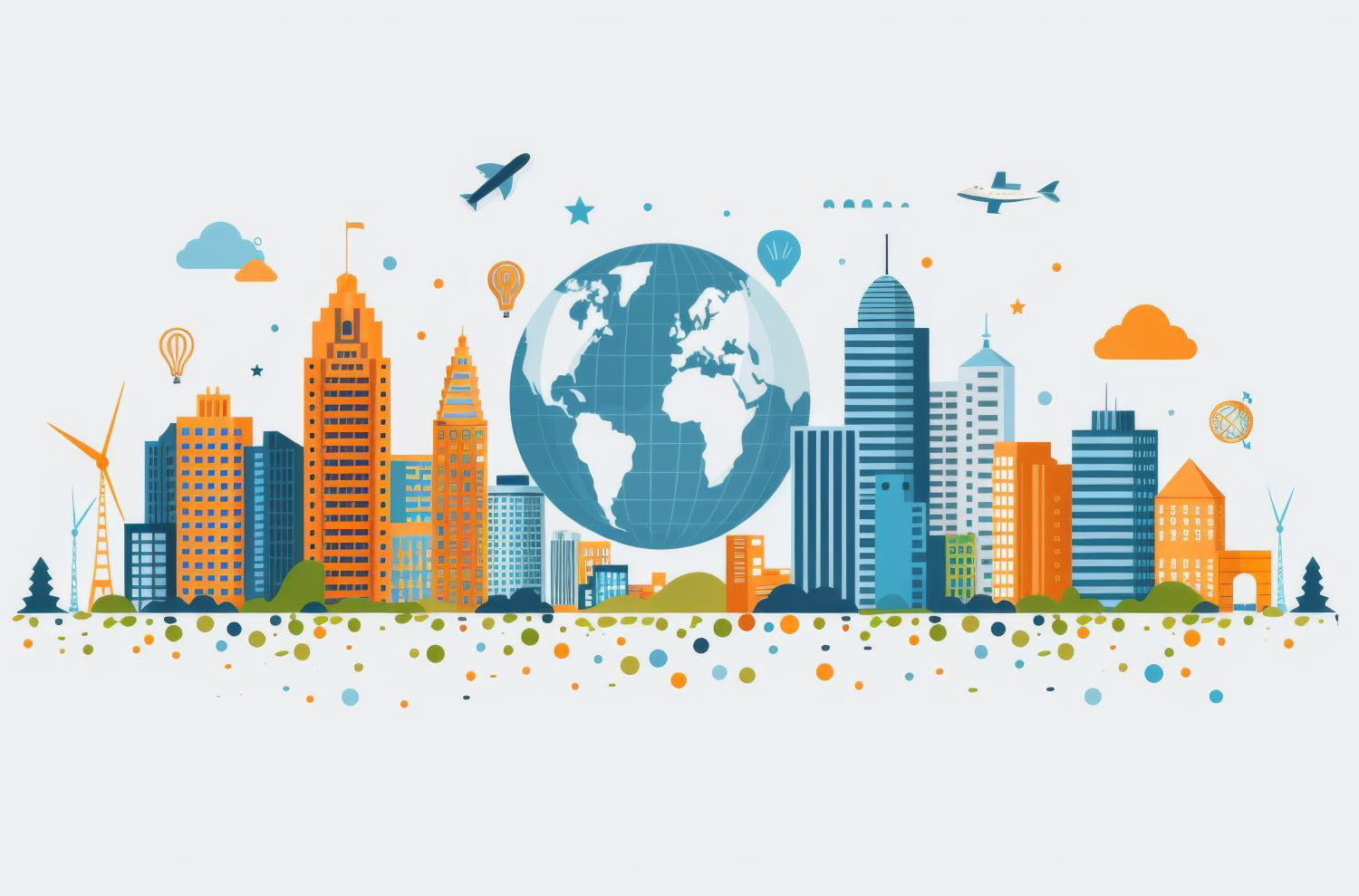IMF governance reforms were agreed the week before the G20 Summit. One decision – to increase IMF resources but not by much – may matter for the IMF’s role in a still-unsettled Eurozone – if Ireland’s problem becomes Portugal’s and so on.For a full and nicely balanced assessment of the reforms from Ted Truman, including on resources, go here. Among other things, unpacks a couple of little-known and little-understood facts that are (though he doesn’t say so directly) about the role of the USA – the poor man with good ideas.First: the poor man part. Ted explains that the otherwise to-be-applauded doubling of quotas (which among other things affect how much each member can borrow) does not amount to a serious increase in the IMF’s lending capacity. If you wished for a really bigger global lender of last resort (given our bigger and more volatile global economy in which emerging markets among others are accumulating reserves as an alternative and costly substitute for a bigger IMF), you didn’t get it. The doubling of quotas does not double lending capacity. The increase in lending capacity is $275 billion (to a total of $750 billion). The reason? Some countries, including the United States, will “reposition” prior contributions to the Fund’s NAB (New Agreement to Borrow) into permanent IMF facilities. The NAB got beefed up with voluntary contributions in early 2009, when at the London G20 the need to ensure developing countries could participate in a global stimulus was obvious --for why and how go here). By repositioning its already agreed (with Congress) contributions, the U.S. Administration avoided the need to ask Congress for more.Second: The good idea part. Ted reminds us that U.S. Treasury Secretary Geithner got the ball rolling, finally, on distribution of chairs, on which the Europeans have been endlessly and hopelessly unable and unwilling to yield their grip on eight plus out of 24 chairs (the plus having to do with partial ownership of others’ “chairs” as in Spain being part of a non-European constituency). The IMF Articles of Agreement allow for only 20 chairs. In August this year Geithner suddenly refused to once again go along with what had become a pro forma agreement to have 24. That increased enormously the pressure on the Europeans, since it would have been developing countries under current rules who lost chairs. The Europeans did then work out among themselves how to let go of two chairs They don’t actually have to do that for another two years, and if all else isn’t formally agreed then, until at least 2014. Governance reform at the IMF is not for the ambitious or the impatient.My quibble: Ted says that double majority voting on all votes at the IMF would be ridiculous. Yes that is so. It is so ridiculous it strikes me as a straw man that cuts off rather than advances a reasonable debate about its merits for at least one key decision: the election of the head of the IMF (and the World Bank, and in various forms other international institutions), as I’ve argued here (and for a full explication go here). Maybe it makes sense also for a selected few other key decisions, where the tyranny of the voting majority ought to be avoided.How about IMF management work with a Board committee (with one low-income African constituency, one BRIC and one advanced economy on it) to assess the risks and benefits of double majority voting for the next IMF head, and consider systematically what (few) other decisions should require some sort of special majorities of country members as well as weighted votes. In next round I hope Jo-Marie Griesgraber at the New Rules for Global Finance Coalition will lead think tank and civil society advocates of IMF reform in pushing for some next step along those lines.
CGD blog posts reflect the views of the authors, drawing on prior research and experience in their areas of expertise.
CGD is a nonpartisan, independent organization and does not take institutional positions.





